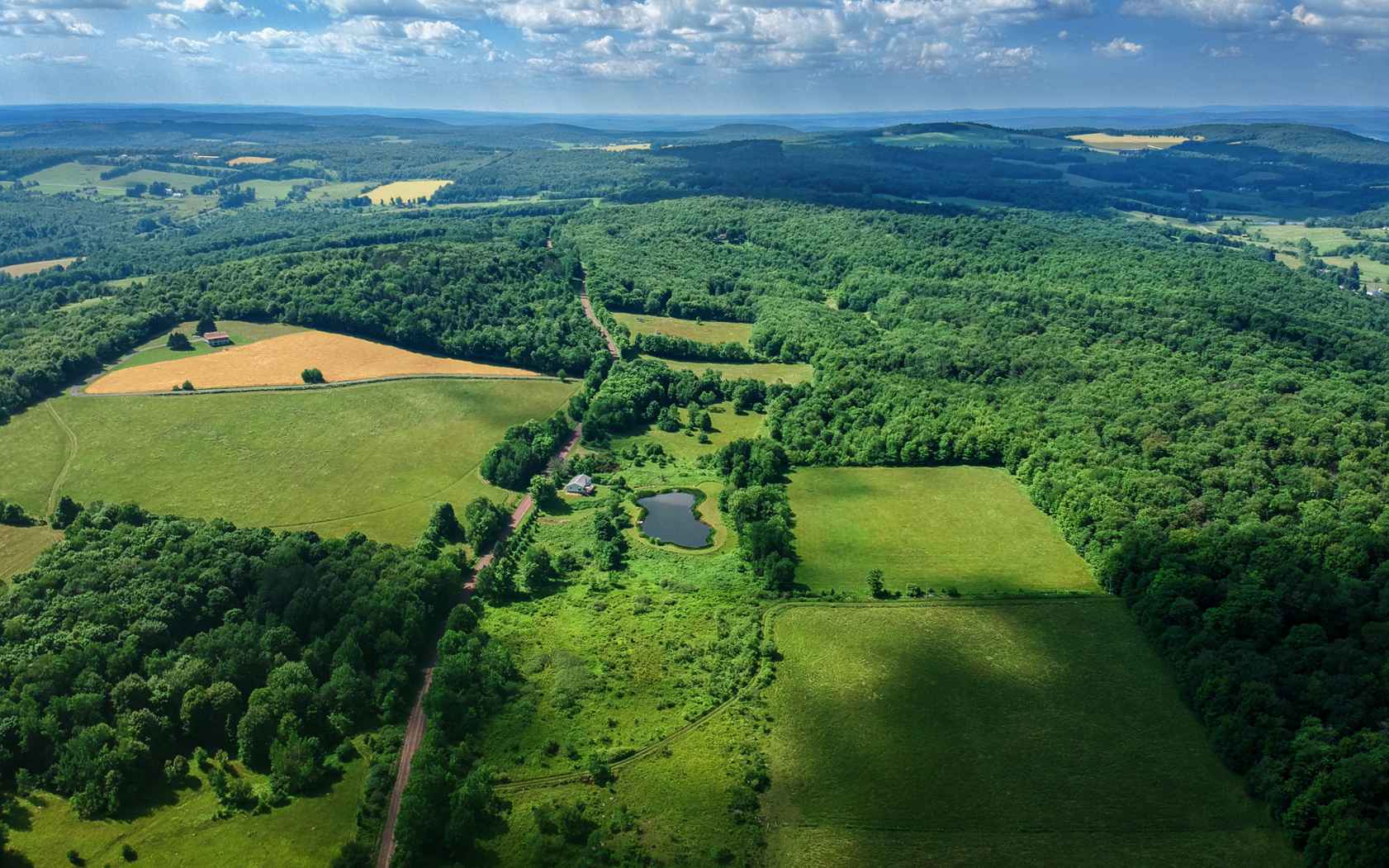They touched on a number of key themes, shared impactful initiatives targeted at children and young people, and discussed why leaving behind a flourishing planet is fundamental.
Here are six takeaways from the panel that could help us all to be good ancestors and to nurture the next generation of changemakers.
1. Use our voice

“We know we need to act and change, or the climate crisis will change us,” said Miriam Turner, co-CEO of Friends of the Earth in the opening response of the panel.
She continues, “we also know what is needed. We need to get off fossil fuels and we have to restore and protect nature. What works is collective action – whether it’s putting pressure on governments or businesses – because they're going to listen to a collective voice if they want our money or our votes.”
Using your voice can be done in a number of ways and it’s important to choose what feels right for you. From using your money consciously wherever possible, to writing to your MP, or supporting a cause like Friends of the Earth – all action helps to raise awareness and move closer towards the change you want to see in the world.
2. Ensure all young people can thrive equitably

“What is the cost if we don't do this?” said Poku Osei, founder and CEO of youth empowerment organisation Babbasa.
“It will foster apathy, along with feelings of exclusion – and we know those feed into high levels of social vice and crime, and certainly the lack of care for the environment. There is a cost that we can't neglect”.
Poku also commented: "We also lose if we don't engage equitably to tap into and draw out the talent from these communities – because they have lived experience which would help us make sound judgments for what we need to do to help bring about that social and environmental impact, positive impacts that we all seek.”
3. Understand the importance of accessibility and inclusivity

Accessibility and inclusivity are both key for children's development and wellbeing.
Panellist, Stephanie Wheen, is the founder and CEO of Gympanzees, a Triodos customer which provides affordable and accessible leisure facilities for disabled children and young people. She highlighted why accessibility and inclusion should be prioritised as a prerequisite to be able to flourish.
“Exercise and play is how children develop. If disabled children and young people aren’t exercising, they're not getting strong, they're not developing their skills, reaching their milestones. But given the right kind of exercise, they can," said Stephanie.
"We've seen huge impacts just in the short time that we've been doing that in our centres as it giving the environment, and the exercise and play that is therapeutic in a way that allows them to really be in this world."
How we're supporting Gympanzees
4. Give children the voice that they don't have

“Most businesses aren’t thinking of children as customers or stakeholders. They focus on making their quarterly results, not thinking about them as future customers, as future employees so that's a problem," said Sjoerd Rozing, fund manager of the Triodos Future Generations Fund.
"We need companies that really need to embrace long-termism, and to work with them to understand why it’s important. Children have no voting rights, so we need to help them."
Triodos Bank launched the Future Generations Fund in the UK earlier this year. You can learn about how we're using this unique investment to get children's welfare on the corporate agenda, in our recent interview with Sjoerd.
5. Consider the importance of access to nature

“Some of our recent research identified that 1.6 million children just in England are living seriously nature deprived lives. That matters for lots of reasons," said Miriam Turner, co-CEO at Friends of the Earth.
"One is for physical and mental health. We all know how it feels being in nature and having access to it. The second is in urban areas, we know that there's loads of benefits of having greenery just in terms of resilience to heat island effects and extreme weather.
And then critically, we can't protect and love what we don't know and haven't experienced. So, I think fundamentally access to nature and the outdoors and play is just absolutely critical for the future."
6. Support and nurture children and young people as change agents
The panel agreed that children and young people are, in general, so much more engaged than previous generations with the issues around inclusion, equity and caring for the environment – especially when they understand and appreciate the importance of them.
Support them to be part of the conversation and to spread the word so that they can become change agents themselves. This is a pivotal part of paving the way for them to thrive now and in the future on a flourishing planet.




Thanks for joining the conversation.
We've sent you an email - click on the link to publish your post.